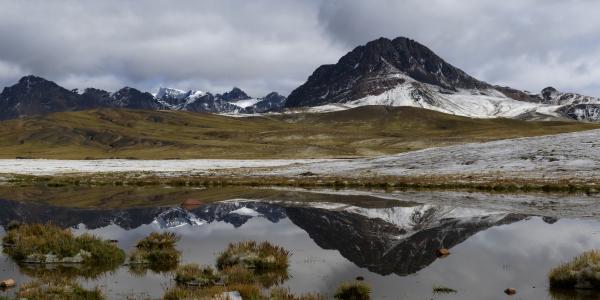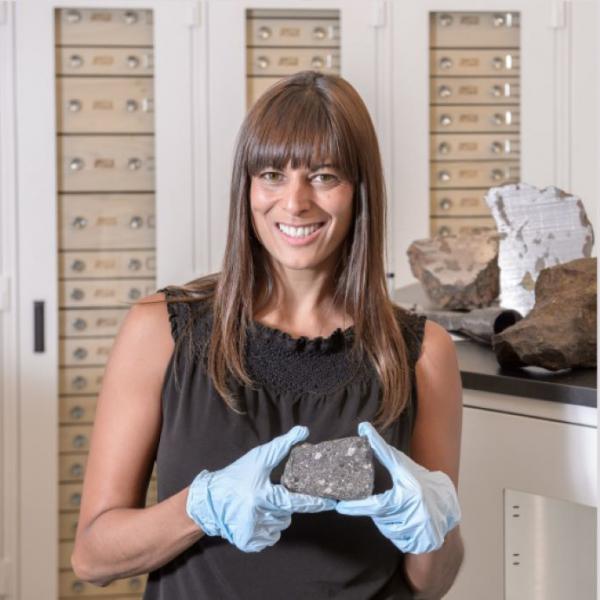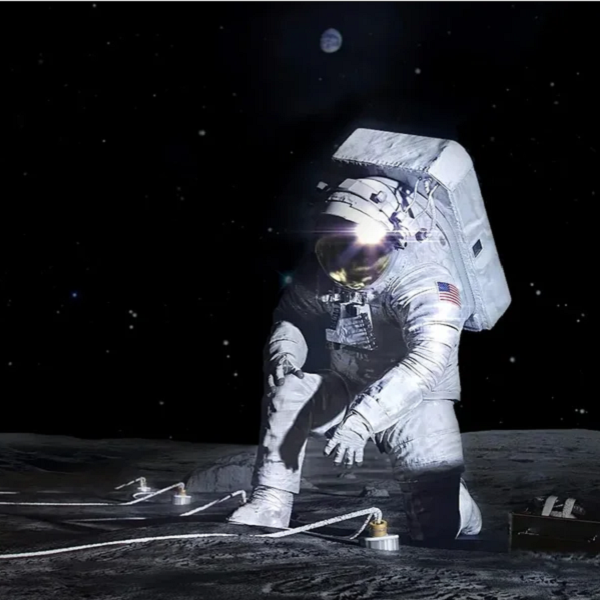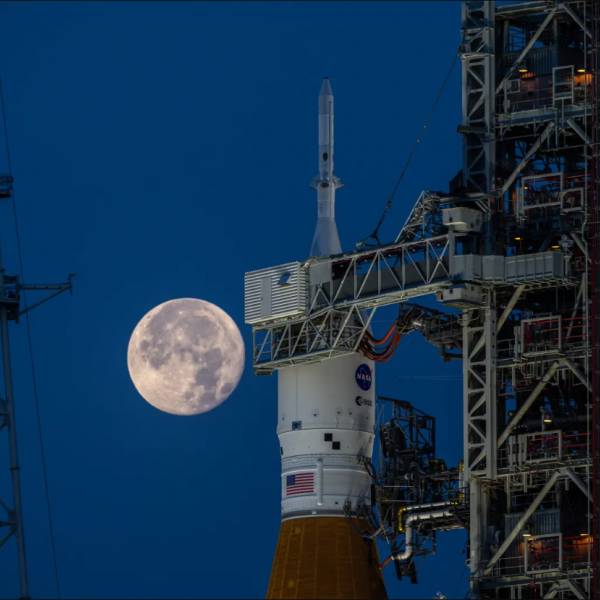Departmental name change reflects a growing emphasis on environmental science.
Starting this fall, the department known as Earth and Planetary Sciences will have a new name: The Department of Earth, Environmental, and Planetary Science (EEPS). The name change reflects the department’s growing emphasis on environmental science, said department chair David Fike. “We wanted to acknowledge our current strengths as well as our hopes for future expansion,” he said. “This is a direction that we want to take going forward.”
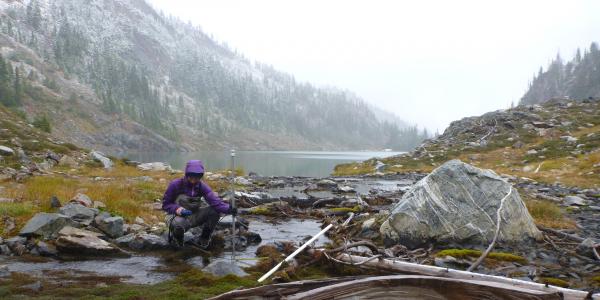
The renamed department will be celebrated on Sept. 28 at an open house at Rudolph Hall. The event, co-hosted by the Center for the Environment, will include a talk by Ruth DeFries, a 1976 summa cum laude graduate of the department and co-founding dean of the Columbia Climate School. Students, postdocs, and faculty in the department will present posters covering a wide range of research in the department.
The department’s increased commitment to environmental science is reflected in the recent addition of several faculty members, including assistant professors Claire Masteller, Roger Michaelides, and Bronwen Konecky. “They have all made important contributions to environmental research,” Fike said.
The environment is also a university-wide priority. The Center for the Environment, part of WashU’s Here and Next strategic plan, will bring together environmental researchers from across Arts & Sciences as well as other schools. The center formally launches in spring of 2024, but some work is already underway.
Environmental science is already a highly sought-after field of study for undergraduates. “It’s really resonating with students, including incoming first-year students,” Fike said. About half of all students in EEPS are majoring in environmental sciences, with the other half split evenly between Earth science and planetary science.
“Environmental research is incredibly important for society,” Fike said. “Our department is committed to contributing our part.”

